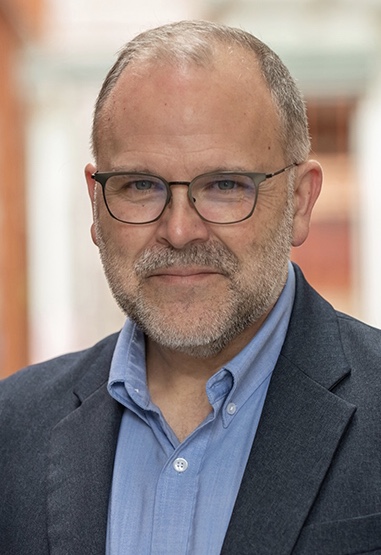Practicing Collaborative, Continuous Improvement
Description
Practicing Collaborative, Continuous Improvement supports local change agents in developing foundational capabilities for iterative analysis, design, implementation, and evaluation. Learn to address local needs, opportunities, and problems, with a focus on improvement science as a specific approach to collaborative, continuous improvement that is useful in classrooms, communities, schools, and systems. Under the guidance of leading researchers, learners develop capabilities to map systems that underlie persistent educational problems; identify a shared theory of (and ideas for) improvement; iteratively implement, measure, and refine potential solutions using plan-do-study-act cycles; and sustain and spread improvement within and beyond their local contexts. Learners also compare such work as enacted in improvement science and other approaches to collaborative, continuous improvement. Learners then develop a detailed plan for initiating a local improvement project to advance new ambitions for educational access, quality, and equity in their local contexts.
Subject
Language
English
Duration
6 weeks
Status
Available
U-M Credit Eligible
No
Know someone who would like this course?
Share it with them!

